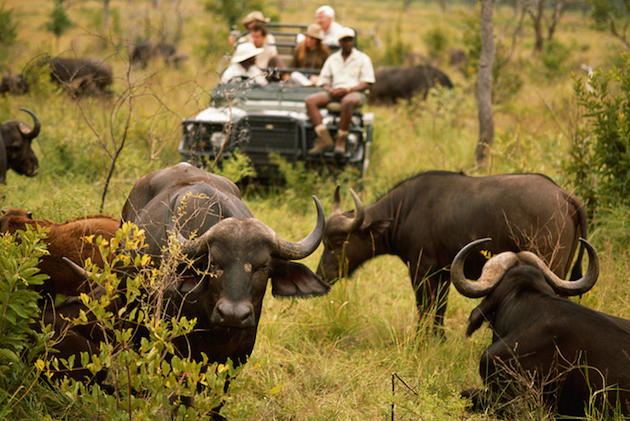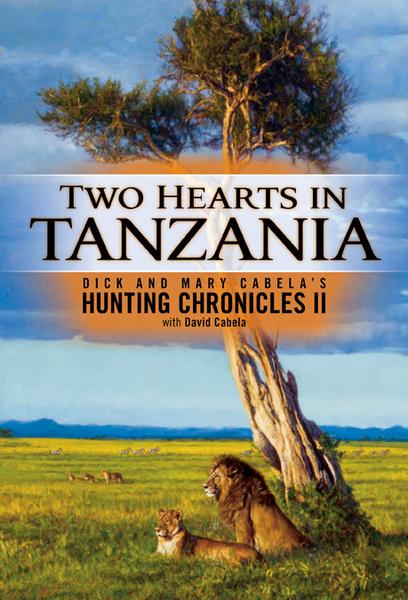Traveling abroad can be difficult. Different customs and norms can be overwhelming when you’re totally immersed in a new culture. Throw in language barriers and the whole experience teeters on the edge of disaster.
And that’s just on a vacation getaway.
Travel to the Dark Continent and the stakes rise exponentially. Not knowing what “Stand still” or “To your left!” means could be the difference in shipping home a trophy and being shipped back yourself.
Swahili is probably your best bet for an African second language. Several countries, such as Kenya and Tanzania, have made it their official language, and estimates put the number of African Swahili speakers between two and 15 million (as a first language) and 50 and 100 million (as a second language).
The following words and phrases are useful for anyone on safari. Some will be recognizable to moviegoers, like “Hatari!”; some will hopefully never be needed.
Twenty Swahili words and phrases to know on safari:
- Asante – “Thank you”
- Maji – “Water”
- Pale – “There”
- Tafadhali – “Please”
- Hapana – “No”
- Ndio – “Yes”
- Hatari – “Danger”
- Moto – “Hot”
- Kula – “Eat”
- Boma – “Fence, protected area”
- Kubwa – “Big”
- Simba – “Lion”
- Tembo – “Elephant (can also mean liquor)”
- Risasi – “Bullet”
- Kuua – “To kill”
- Kupiga – “To shoot”
- Nzuri – “Good”
- Mbaya – “Bad”
- Rafiki – “Friend”
- Nisaidie, tafadhali! – “Help me, please!”
If none of these come to mind, just remember, Siwezi kusema Kiswahili—“I can’t speak Swahili.”
Ever dreamed of going on an African safari? So did Dick and Mary Cabela, founders of Cabela’s. Read about their adventures in Two Hearts in Tanzania, now available from Sporting Classics.


